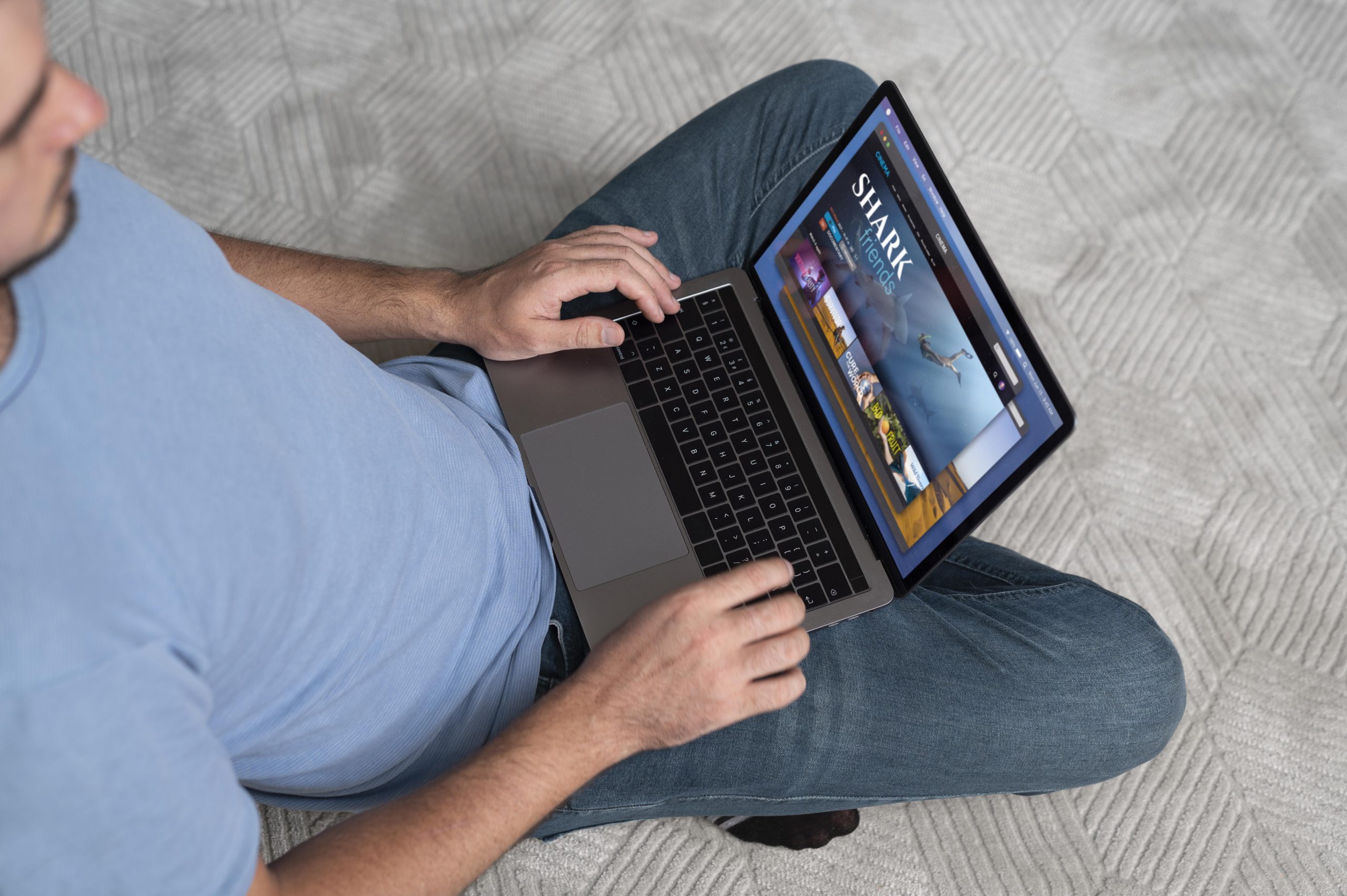Regardless of what operating system you prefer or what spec you need your laptop to have, there is a laptop for sale somewhere out there, with your name on it! When you get a new laptop, you will need to consider your preferred choice of operating system and the computer’s speed, memory capacity, size, and weight. Knowing what you want makes finding it much easier!
Table of Contents
Navigating various laptop types
There are as many styles of laptop design as there are preferences, and that is a lot! You might want a more robust, heavier, sturdier model if you need to do mainly office-type work. If you are always on the go and work remotely, you might want to consider a lighter type that offers more flexibility.
You will also have to consider the style you prefer – tablet-style, notebook, and more options can come in handy in different ways, but you will need to take stock of your needs before determining what is best for you. You should also decide whether you prefer an integrated trackpad and keyboard or whether an external keyboard is more your style.
What specs do you need?
The specs of a laptop are what types it into being entry-level, middle level, or top of the range. If you work infrequently and only very lightly, such as word processing, you could get away with a cheaper model. The good news is that there are many options available in this category, so make a list of exactly what you would need your laptop to do.
Budget will play a significant role in your final decision, but remember that you get what you pay for. If you are not willing to pay for a machine with enough processing power, you might find yourself stuck with a device that is slower and more sluggish in its operation than you thought.
Consider the use, though – for a child’s first laptop, it is unlikely that you will need significant processing power. However, for someone who is an established gamer, you will need something with more ability to handle the demand.
When will a mid-range model work?
If you are a remote worker or someone who commutes often, you will benefit from a mid-range cheap laptop for sale that is portable, but which still delivers workable performance. These are ideal for more regular users, who make slightly greater demands of their PCs than those mentioned in the previous category. Most people in this category prefer to pay a little more for something lighter and thinner, which contributes to the ease of use over time.
Students, older kids at the end of their high school career, professionals and commuters are the most common market for this laptop level. Sturdy enough to handle entry-level gaming and work, all the way through to video conferencing capability and video calling, they are a great all-rounder option.
Mid-range laptops can come up short when people start needing greater processing capacity, like playing high-quality graphic games, creating animations and other activities that require more processing power. If this is required, a top of the range laptop might be worth it. Although it also adds to the overall asking price per unit, many gamers are willing to fork out a bit more money for a high-quality screen, enhancing the overall visual experience.
Who else would use a top of the range machine?
People who spend all day working on computing-heavy tasks – think marketing professionals, architects, designers, animators, video editors and draftsmen. The greater the intensity of the program you need to run to do your work, the greater the chances of needing a higher spec machine. Many of these program are designed to run on a device with a huge processing capacity and memory. Taking a chance without having these in place could lead to your program malfunctioning.
What operating system do you prefer?
Operating systems are often the kicker in the decision-making process, as people are creatures of habit, and once we have grown accustomed to working in a certain way, old habits die hard.
The operating system you use is a matter of your preference, and while all of them have their own set of pros and cons, you are more likely to make your decision based on what you know than anything else. Many people prefer Windows for its familiarity, while others adhere to Linux being very stable and Mac being user-friendly. Is this true? That will be dictated by what you like to work with!




